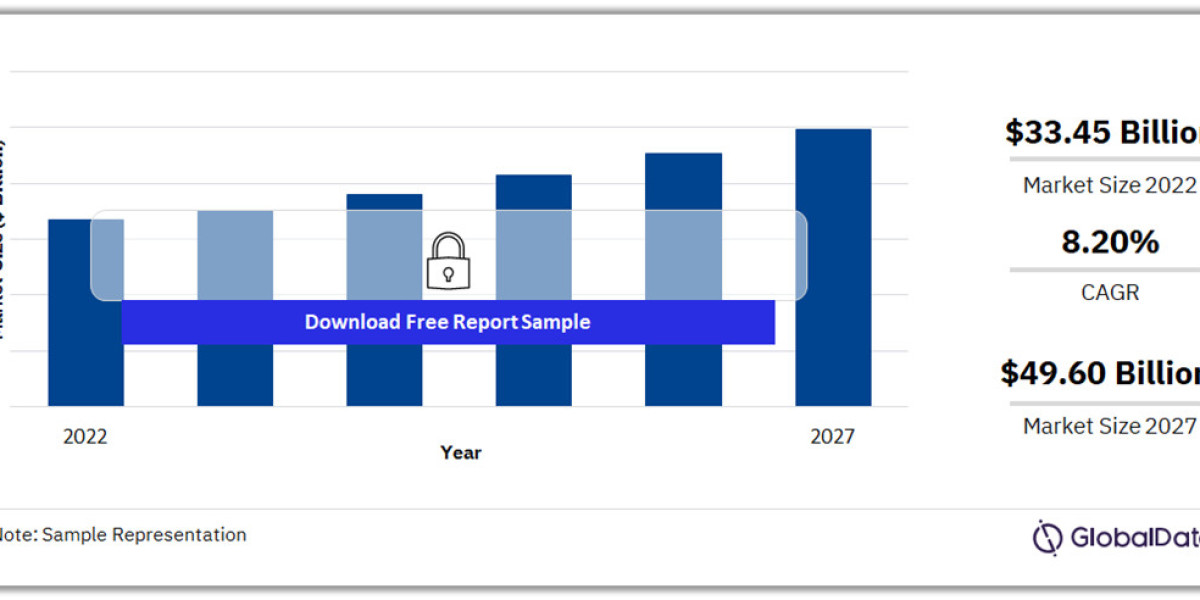Several factors contribute to South Africa's flourishing ICT market. Firstly, the country boasts a well-established infrastructure, with leading global tech companies like IBM, Microsoft, and Dell having a strong presence. This fosters a competitive environment that breeds cutting-edge solutions. Secondly, South Africa enjoys a relatively high internet penetration rate, with a growing population eager to embrace digital tools and services. This creates a vast and engaged consumer base for ICT products and services.
Market Segmentation: A Diversified Landscape
The South African ICT market is segmented into various categories, each experiencing significant growth. Telecommunication services currently dominate the market, with mobile network operators like Vodacom and MTN driving innovation in connectivity solutions. The IT services segment is another major player, encompassing software development, cloud computing, and cybersecurity solutions. With rising concerns about data security, the demand for robust cybersecurity measures is propelling this segment forward. Furthermore, the hardware and software segments are also witnessing steady growth, fueled by the increasing need for sophisticated devices and user-friendly applications.
Industry Verticals: Embracing Digital Transformation
The impact of the ICT boom is evident across various industry verticals in South Africa. The financial services sector (BFSI) is actively leveraging fintech solutions to enhance customer experiences and streamline financial processes. The retail and e-commerce sectors are witnessing a surge in online shopping, necessitating robust e-commerce platforms and digital marketing strategies. The government sector is also embracing ICT to improve service delivery and citizen engagement. In healthcare, telemedicine and digital health solutions are transforming patient care models. Overall, the ICT revolution is fundamentally reshaping South Africa's economic landscape.
Government Initiatives: Fostering Growth
The South African government plays a crucial role in nurturing the ICT sector. Through initiatives like the National Development Plan (NDP), the government aims to bridge the digital divide, invest in broadband infrastructure, and support local ICT entrepreneurs. These efforts not only empower citizens but also create a fertile ground for innovation and job creation.
Challenges and Opportunities
Despite its remarkable growth, the South Africa ICT market faces certain challenges. Unequal access to technology, particularly in rural areas, remains a concern. Furthermore, a shortage of skilled ICT professionals can hinder the development of more complex solutions. However, these challenges also present opportunities. Investing in digital literacy programs and promoting STEM education can bridge the digital divide and create a talent pool equipped to propel the industry forward.
Conclusion: A Gateway to Africa
South Africa's thriving ICT market is not just about domestic transformation. The country's geographical location and established infrastructure make it a natural hub for ICT innovation across Africa. By sharing its expertise and collaborating with neighboring countries, South Africa can empower the entire continent to embrace the digital revolution. As the ICT sector continues its meteoric rise, South Africa is poised to be a leader, not just in Africa, but on the global stage.
Buy the Full Report for More Insights into the South Africa ICT Market Forecast



